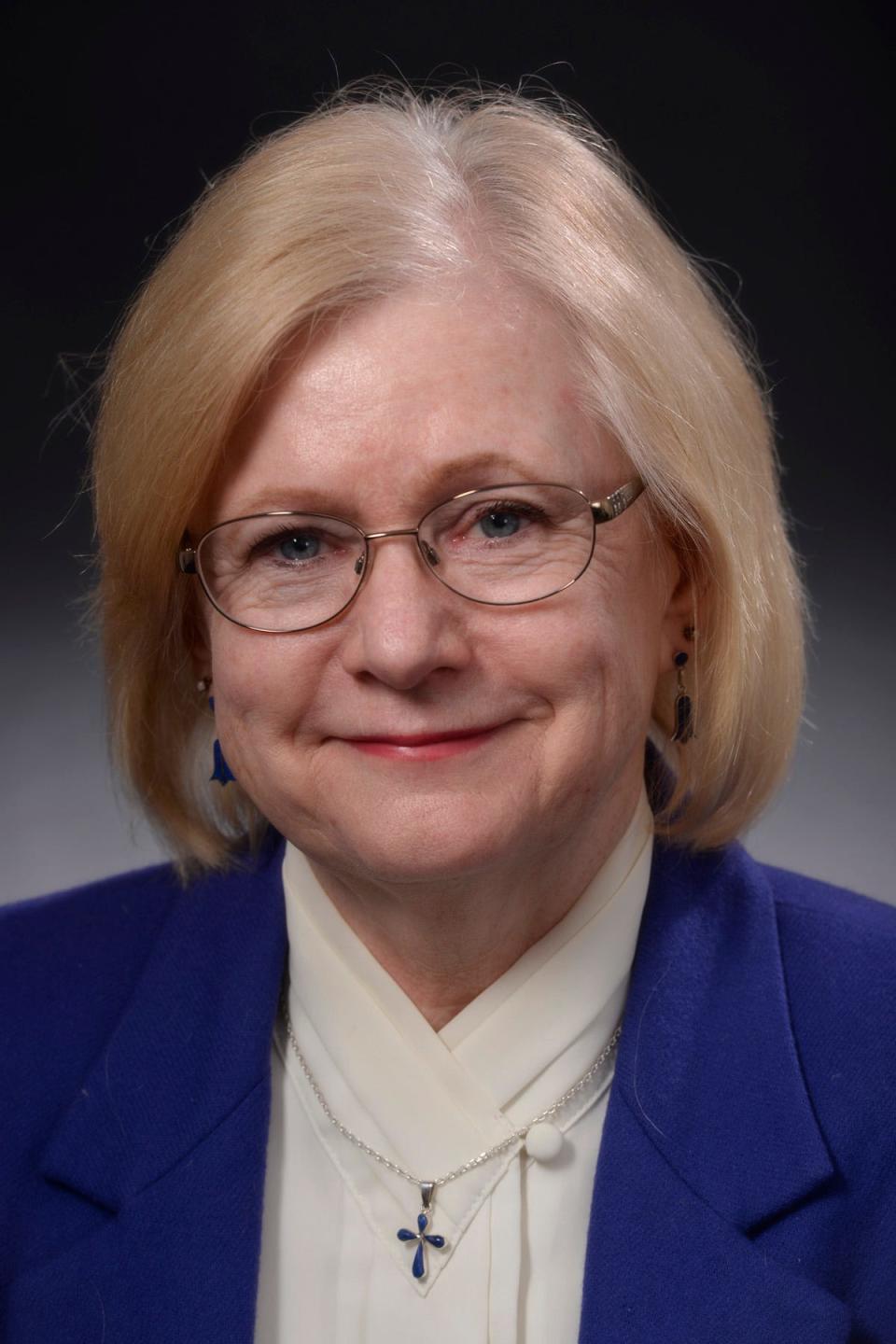Won't you be my neighbor?
About a month ago, plus 32 years, we watched the last chapter of Mr. Rogers’ Neighborhood after 900 episodes over 31 years on public television. We remember him for his sweater, his comfortable shoes, his laid-back style, and his lessons for small children (and ones older and wiser).
Additionally, Mr. Rogers epitomizes the “good ol’ days” that many miss in the hectic and turbulent days in which we now live.
He and his show cause us to pause and ponder two questions before considering and attempting to apply his sage statements to life.
First, “Who is my neighbor?” Many identify those who live in the nearby houses, but the true meaning extends beyond that. Our neighbor is the one whom we support and with whom we stand. Christ’s parable of the good Samaritan points out that those who most closely identified with the injured man found excuses to “pass by on the other side.” It was a Samaritan, an avowed enemy, who attended to the badly beaten Jewish man.
Second, “Where is my neighborhood?” Typically, we consider a neighborhood to be where people live. Since we are all God’s children, our neighborhood is universal. For those who live in the secular realm, the globalists also adhere to policies that encompass the world.

From both viewpoints, all people are our neighbors, and our neighborhood embraces all the world. That resembles Mr. Rogers’ neighborhood.
Christ told us to live in harmony (Romans 12:16). But the news scares us — kids and adults. We isolate. We deny. Mr. Rogers’ mother helped him when she told him to look for the helpers because there is always someone helping. Let’s give it a try.
Keep on scrolling and surfing — wait for a later tidbit in the news report. Usually there is some “good news” near the end. Yes, celebrate the helpers… be a helper. Generally, the media cover actions of a tiny number of people — usually well-known names. Yet the real news comes from the millions of people helping their neighbors without cameras and microphones present. Maybe that is right at home, in school, on the playground, on the highway… someone just being kind to another human being.
Mr. Rogers addressed difficult topics that children face and often do not know to whom to turn. He dealt with the death of a pet, divorce, war, anger and more. He provided ways to deal with the resulting unsettling emotions. A frequent topic was finding peaceful ways to overcome anger.
Fred Rogers presented two worlds — real and make-believe. He invited viewers to explore both, but he held them separate in contrast with shows that mixed the two. What a wonderful invitation! One can imagine another realm and escape reality. Relaxed and refreshed one returns to the real world, maybe with a creative solution to a current problem. Children realize that those realms are distinct. They explore both worlds with awe, curiosity and wonder.
Just as important, or maybe even more important, is who we are to our neighbors. Sometimes, we just need to listen to them with understanding, to sit with them, to give them a hug. Sometimes asking them questions trumps talking because really listening to their concerns helps them more than superficial answers. In Mr. Rogers’ words: "As human beings, our job in life is to help people realize how rare and valuable each one of us really is, that each of us has something that no one else has or ever will have something inside that is unique to all time. It's our job to encourage each other to discover that uniqueness and to provide ways of developing its expression." Feeling accepted and validated allows one to grow.
Mr. Rogers’ neighborhood was diverse — by ethnicity and by profession. All were accepted and accepting. All were allowed to be themselves and thrived. Expressions of gratitude improved the attitudes.
With all the rancor in the world, what a difference we could make if we all joined with Mr. Rogers in saying “I like you just the way you are.”
“Won’t you be my neighbor?”
— This is the opinion of Times Writers Group member Phyllis E. VanBuren, a lifelong learner and enthusiastic educator, who values family, friends, faith, honesty, liberty and integrity. Her column is published the fourth Sunday of the month.
This article originally appeared on St. Cloud Times: Won't you be my neighbor?

